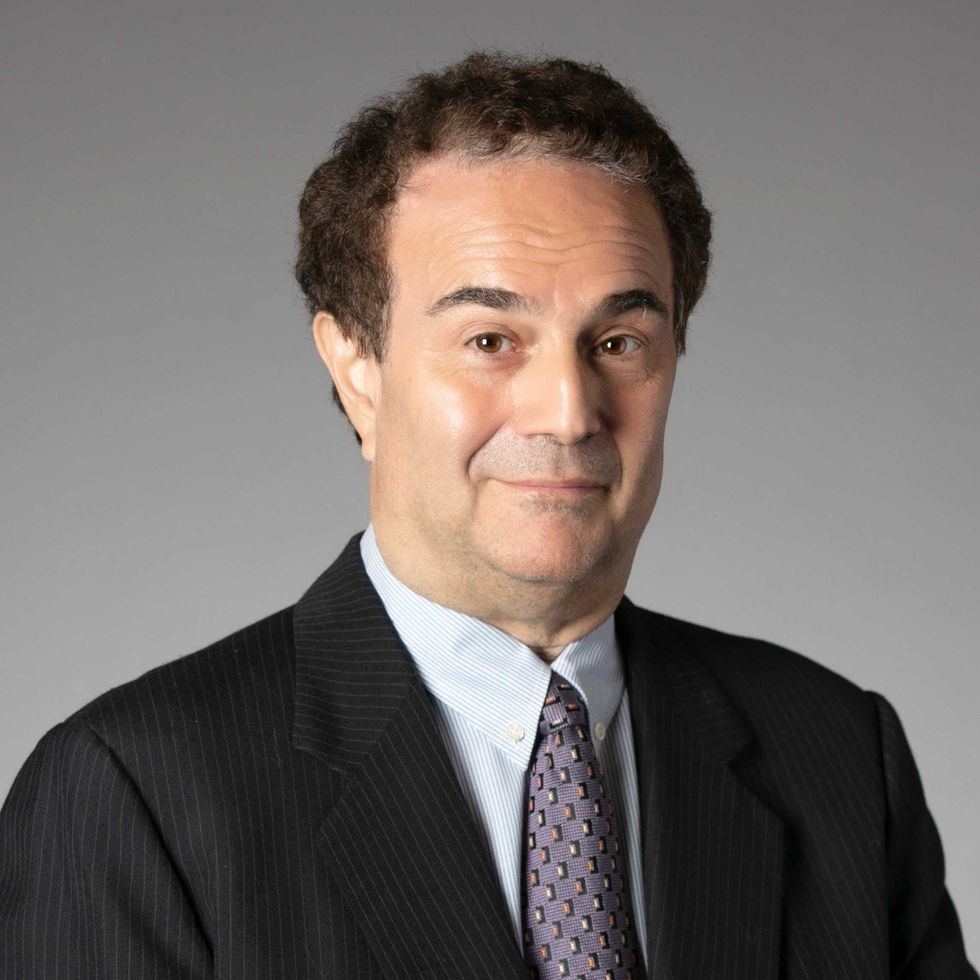Red state senators get brutal lesson that even they can't count on Trump
Disappointment, disdain, frustration, humiliation.
Any of these words could describe sentiment inside the camp of Bill Cassidy after President Donald Trump issued a surprise statement Saturday night in support of U.S. Rep. Julia Letlow in this fall’s U.S. Senate election in Louisiana.
One word that doesn’t apply: Surprise.
In the world of whim and petulance that Trump has created within the Republican Party, there should be no one close to Cassidy who was caught off guard when the president gave his endorsement to Letlow. Nobody could be shocked that Trump held on to a five-year-old grudge against Cassidy for voting to impeach him in January 2021.
Despite repeated attempts to ingratiate himself with Trump in the interim, Cassidy has failed to mend fences with the president and — more importantly for his reelection bid — the sizable share of MAGA voters in Louisiana.
A November poll from the conservative Pelican Institute showed Cassidy with 22 percent support. All other candidates combined for 37 percent, and another 41 percent were undecided. Among Republican respondents, Cassidy held a 29 percent to 22 percent advantage over state Treasurer John Fleming, who told The Times-Picayune’s Tyler Bridges after Letlow’s entry that he will stay in the race.
But Fleming could also be feeling jilted after Trump’s pledge of allegiance to Letlow. The former congressman was a White House deputy chief of staff and assistant secretary at the U.S. Department of Commerce during the first Trump administration. Yet there was never an inkling of a suggestion that Trump would back Fleming, the candidate who was arguably the closest to his inner circle.
With Louisiana’s move to closed party primaries for this year’s elections, the rest of the announced Republican field faces long odds against Cassidy and now Letlow. Qualifying takes place Feb. 11-13, by which time some are likely to pull out of the race.
Public Service Commission Eric Skrmetta of Metairie, one of Trump’s Louisiana campaign chairmen in 2016, has been at the back of the field with little signs of gaining momentum.
Sen. Blake Miguez of New Iberia has also failed to gain traction, even though he was the first recognizable name to throw his hat in the ring in June. His chances took a hit after he found himself at odds with Gov. Jeff Landry over tax policy.
Rep. Julie Emerson of Carencro, the state lawmaker who frequently carries legislation for the governor, announced in October she would challenge Cassidy. Her highly polished launch has yet to show results in polling, however.
Landry was with Attorney General Liz Murrill after a U.S. 5th Circuit Court of Appeal hearing Tuesday on Louisiana’s Ten Commandments law when they were asked about Letlow’s newly announced candidacy. Murrill said Letlow “would make a great United States senator,” and Landry agreed with that statement.
The betting money right now is for Cassidy and Letlow to emerge from the Republican Party primary in May to meet in a June runoff. Letlow will have to make up a sizable gap in fundraising, as Cassidy’s campaign says it has more than $26 million at its disposal. He also has a slew of endorsements from sheriffs and parish presidents along with the financial backing of Louisiana’s major GOP donors.
Cassidy has continued to lean on his conservative track record since Letlow’s announcement, though it’s not likely to change the opinions of voters who occupy the far right. Their minds were made up when the senator cast his vote to impeach Trump.
Moderate Republicans and no-party voters who take part in the GOP primary will have a hard time overlooking Cassidy’s nod for Robert F. Kennedy Jr. as health secretary. Though he can’t take back his deciding confirmation vote, Cassidy might choose to be more openly critical of RFK Jr. now that Trump has given him the cold shoulder.
Another factor worth watching: Does Trump continue to see his popularity plummet with his unyielding stances on Greenland and immigration enforcement, to the point where candidates start to play down his endorsement?
It’s indeed hard to imagine a scenario where Louisiana Republicans shun Trump’s support and MAGA voters reject his chosen candidates. But who would have ever thought the leader of the United States would threaten our longtime European allies with the use of military force?
Strange times make for strange elections, and it’s far too early to count out a well-funded Cassidy amid so much turmoil.
- Greg LaRose has covered news for more than 30 years in Louisiana. Before coming to the Louisiana Illuminator, he was the chief investigative reporter for WDSU-TV in New Orleans. He previously led the government and politics team for The Times-Picayune | NOLA.com, and was editor in chief at New Orleans CityBusiness. Greg's other career stops include Tiger Rag, South Baton Rouge Journal, the Covington News Banner, Louisiana Radio Network and multiple radio stations. Louisiana Illuminator is part of States Newsroom, the nation’s largest state-focused nonprofit news organization.



 Lisa Graves (provided photo)
Lisa Graves (provided photo) Seth Chandler (Photo courtesy of the University of Houston Law Center)
Seth Chandler (Photo courtesy of the University of Houston Law Center) Lindsey Cormack (provided photo)
Lindsey Cormack (provided photo)